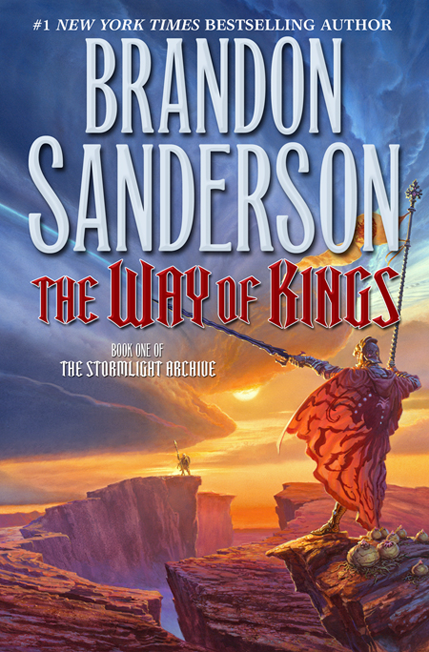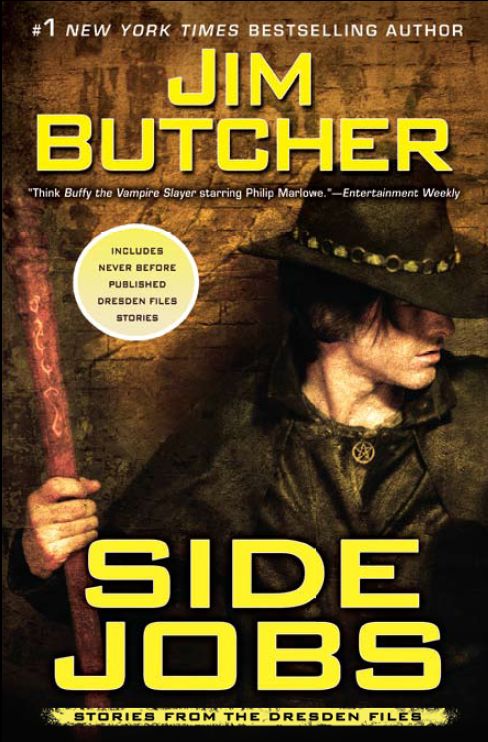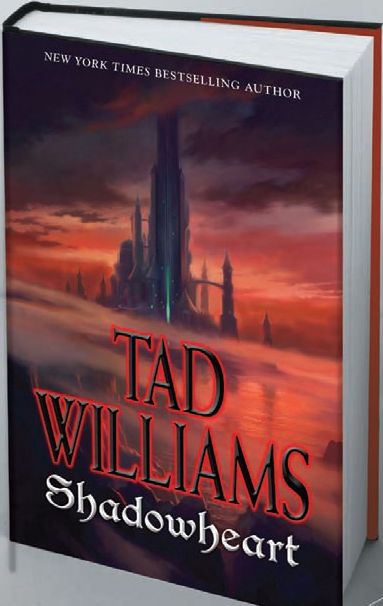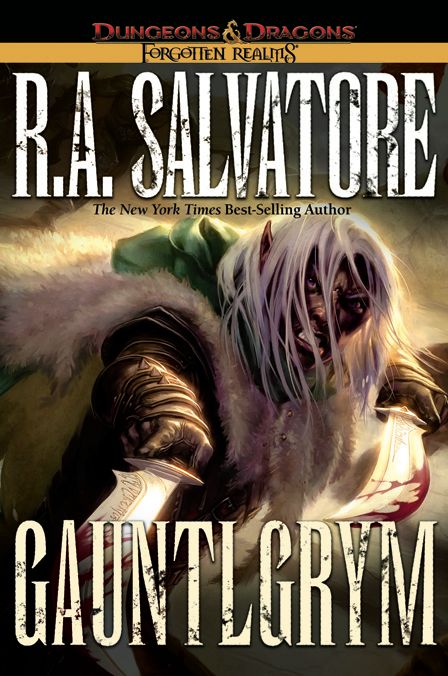
With Sanderson’s focus on promoting (and writing) the Wheel of Time novels, news on The Way of Kings has been few and far between. Now that The Gathering Storm is on store shelves, and the upcoming August, 2010 release of The Way of Kings, focus will begin to shift back to Sanderson’s original work.
On his blog, Sanderson spills some beans about the novel:
POINT ONE: This book is the start of a longer epic.
KINGS stands at 425,000 words right now. I’ll be trimming that down to (hopefully) 380–390k when I do the next draft. (Which will be the final draft.) That will put it at roughly double the length of MISTBORN or ELANTRIS. The series is called the Stormlight Archive, and Tor purchased four books from me. I’m not planning that to be the end, though I’m cautious at locking myself into a certain number of books. (Though I do have the entire series plotted, and am fairly certain I know exactly how many books it will be.) For now, let me just say that it won’t be as long as the Wheel of Time, but will be longer than anything I’ve attempted so far.
Consider this: a novel is defined as a piece of fiction containing 40,000+ words. The average Fantasy novel is likely between 90,000 and 120,000 words. Sanderson hopes to cut up to 45,000 words. That’s a whole novel worth of material. Nuts.
Won’t be as long as The Wheel of Time? Haven’t we heard that before? Just kidding. Sanderson’s shown himself as being more than capable of crafting stories and keeping them within the bounds he’s set. Mistborn was confined to a trilogy, Warbreaker and Elantris were stand alone novels.
Read More »



